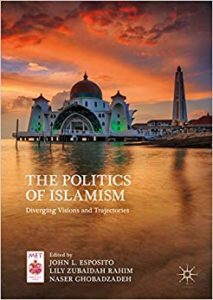
Islam and Democracy: Perspectives from Reformist and Traditional Islam
After explaining the identifying characteristics of traditional interpretations and reformist readings of Islam, this chapter highlights three underlying themes that are essential to the relationship between Islam and democracy: (a) popular sovereignty and oversight; (b) political equality; and (c) public decision-making. The chapter explicates how traditionalist and reformist readings of Islamic teachings have resulted in sharply diverging articulations of these themes. The two assumptions that underpin this chapter are as follows: Traditional and historical interpretations of Islam are incompatible with democracy. Reformist interpretations of Islam are compatible with democracy.

